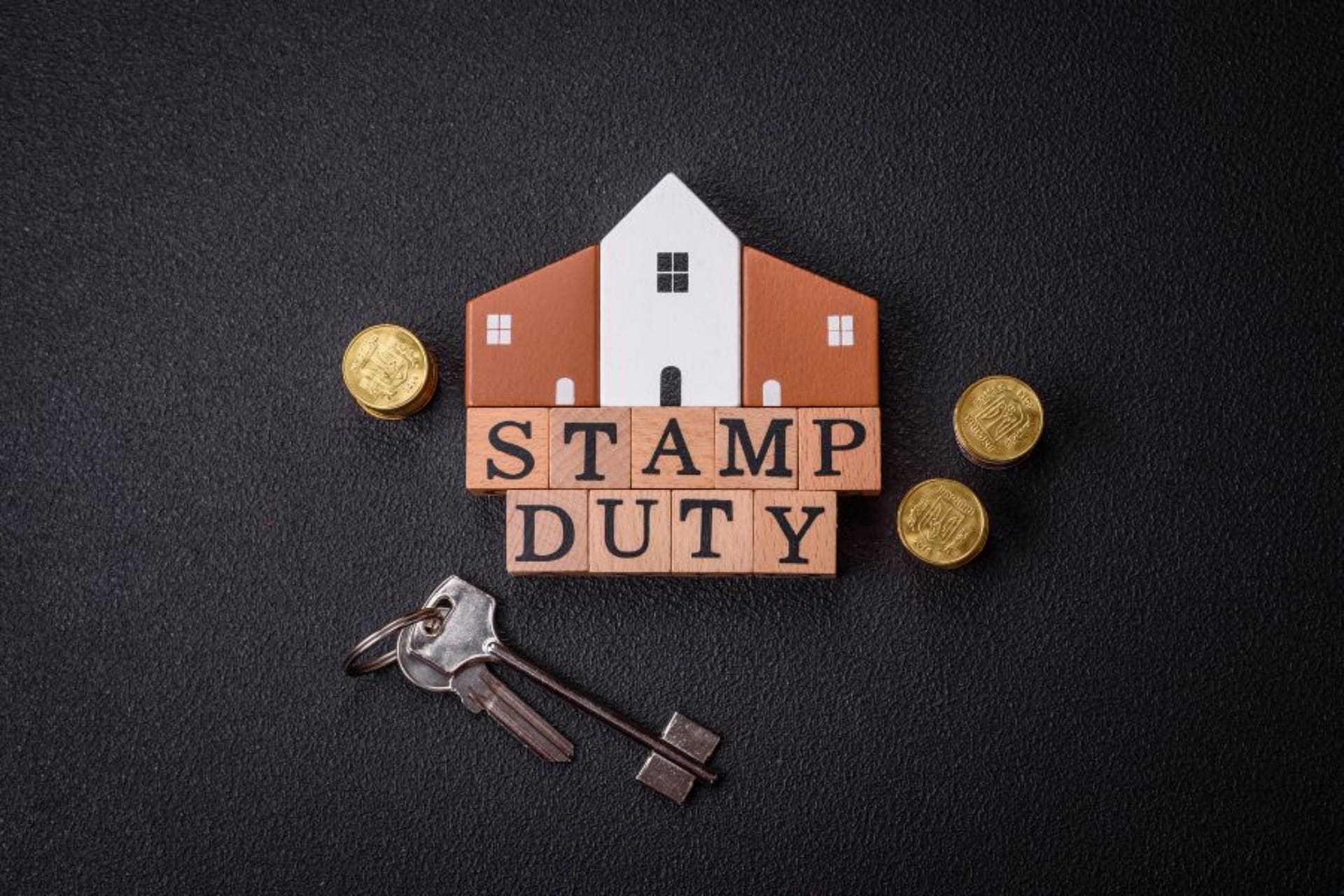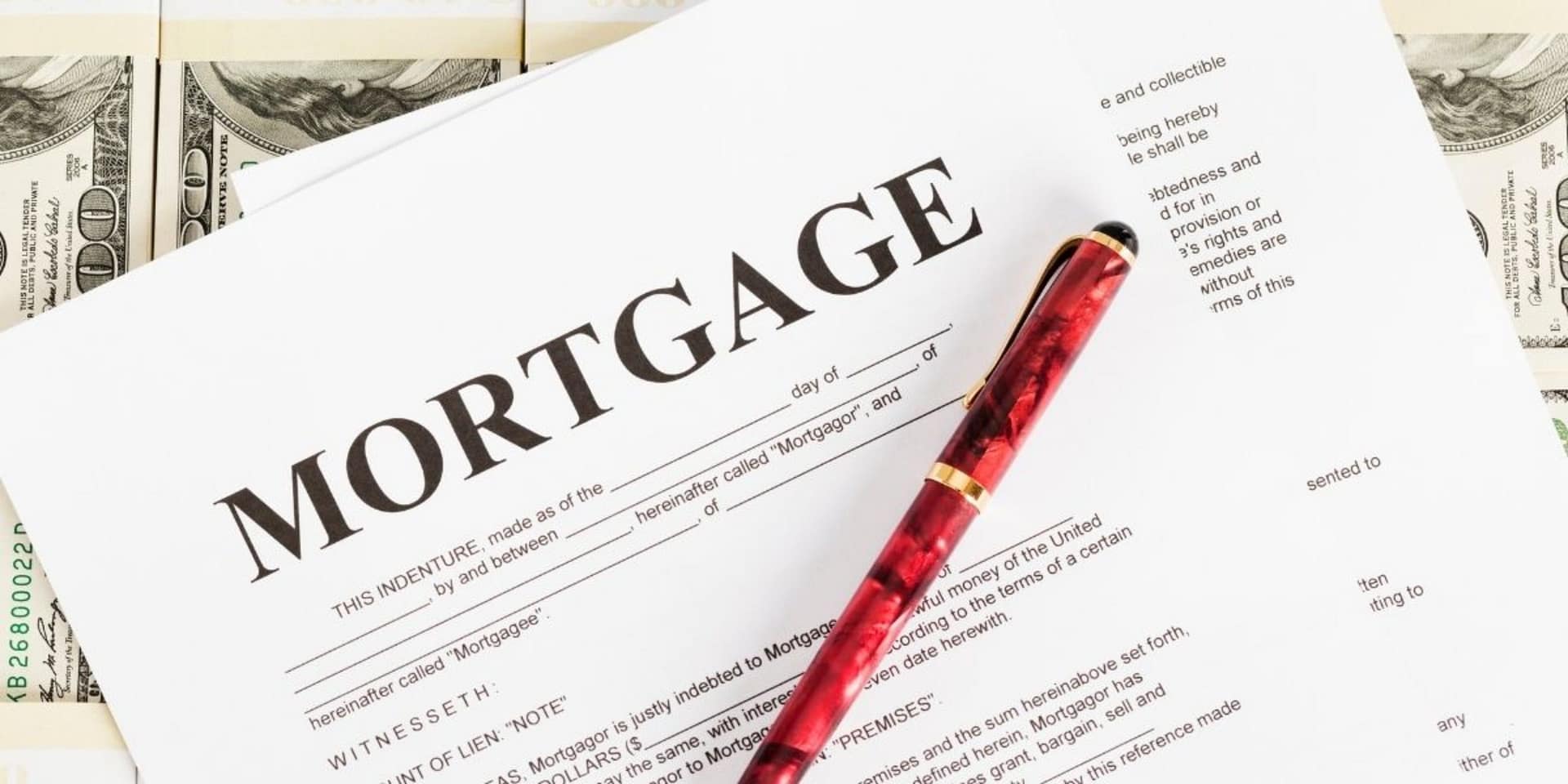Have you ever wondered what would happen if someone slipped, fell, or got injured on your rental property and held you responsible? As a landlord in Australia, protecting yourself and your investment property is essential.
One crucial way to do this is through landlord public liability insurance. This type of insurance safeguards landlords against financial risks stemming from accidents or injuries on their property.
In this article, we’ll break down everything you need to know about landlord public liability insurance in an easy-to-understand format. We’ll answer common questions, explain why it’s essential, and help you understand what to look for in a policy.
Table of Contents
ToggleWhat Is Landlord Public Liability Insurance and Why Is It Essential in Australia?
Landlord public liability insurance is a specific type of insurance that protects property owners from financial loss if someone gets injured or their property is damaged while on your rental premises.
For example:
- A tenant’s visitor slips on a wet floor and breaks their arm.
- A tradesperson gets injured due to faulty stairs while working on your property.
- A tenant’s guest accidentally trips over loose carpet and sues you for damages.
Without insurance, you could face significant out-of-pocket expenses, including medical bills, legal fees, and compensation claims.
Why Is It Essential in Australia?
In Australia, landlords have a legal responsibility to ensure their rental properties are safe and well-maintained. If someone gets hurt because of negligence—like failing to repair a broken railing—you could be held legally liable.
Public liability claims can cost thousands, if not hundreds of thousands, of dollars. Having landlord public liability insurance provides financial protection and peace of mind.
What Does Landlord Public Liability Insurance Typically Cover?
While policies may vary between insurers, landlord public liability insurance usually covers the following:
1. Injury to a Third Party: If a tenant, visitor, or tradesperson suffers an injury on your property and holds you responsible.
2. Property Damage: If someone else’s property is damaged due to an issue with your rental premises.
3. Legal Costs: If you need to defend yourself against liability claims in court.
4. Medical Expenses: Coverage for medical bills resulting from an accident on your property.
Examples of Common Claims Covered:
- A loose tile causes a visitor to trip and sprain their ankle.
- A water leak damages a neighbour’s property, and they claim compensation.
- Faulty electrical wiring causes an injury to a tenant.
It’s important to read the fine print in your policy to ensure you understand what is and isn’t covered.
Is Landlord Public Liability Insurance a Legal Requirement in Australia?
In Australia, landlord public liability insurance is not legally mandatory. However, it is strongly recommended by legal and property experts.
Why Isn’t It Mandatory?
Unlike car insurance, landlord public liability insurance isn’t enforced by law. However, many mortgage lenders and property management companies will require you to have this coverage before approving a loan or managing your property.
Why You Should Still Have It
While not legally required, the financial risks of not having landlord public liability insurance far outweigh the cost of the policy. Without coverage, you could end up paying thousands in legal fees, medical expenses, or compensation claims.
Think of it as a safety net—it might not be legally required, but it’s essential for financial security and peace of mind.
Also Read: Understanding Costs When Buying a House in Queensland
How Does Landlord Public Liability Insurance Differ From Regular Home Insurance?
Many landlords assume that regular home insurance covers everything they need, but there are key differences between standard home insurance and landlord public liability insurance.
Key Differences:
1. Purpose of Coverage:
- Home Insurance: Covers the building and sometimes the contents.
- Landlord Public Liability Insurance: Specifically protects against injury or damage claims from third parties.
2. Tenant-Related Risks:
- Home insurance typically doesn’t cover tenant-related incidents or claims.
- Landlord insurance is designed to address these risks.
3. Legal Liability:
- Standard home insurance policies may not include comprehensive legal liability protection for rental properties.
- Landlord insurance offers specific liability coverage for incidents involving tenants or visitors.
If you’re renting out your property, relying solely on standard home insurance could leave you underinsured and exposed to financial risk.
What Factors Should Landlords Consider When Choosing Public Liability Insurance?
Choosing the right landlord public liability insurance policy can feel overwhelming, but focusing on these key factors can simplify the process:
1. Coverage Limits: Ensure the policy provides sufficient coverage for medical costs, legal fees, and compensation claims.
2. Policy Inclusions and Exclusions: Read the fine print carefully to understand what is and isn’t covered.
3. Premium Costs: Compare different insurers to find a balance between affordability and comprehensive coverage.
4. Reputation of the Insurer: Research reviews and ratings to ensure the insurer has a good track record with claims processing.
5. Legal Requirements from Mortgage Lenders: Some lenders may have specific insurance requirements as part of your mortgage agreement.
6. Additional Coverage: Consider bundling landlord public liability insurance with other coverage, such as building insurance or landlord contents insurance, for better protection.
Pro Tip:
Don’t base your decision solely on price. A cheaper policy might exclude crucial protections, leaving you vulnerable when you need coverage the most.
Protect Your Investment, Protect Your Peace of Mind
Landlord public liability insurance isn’t just another expense—it’s an essential layer of financial protection for landlords in Australia. Whether you own one rental property or several, this type of insurance shields you from the potentially devastating costs of injury or damage claims.
Don’t leave your investment and financial future unprotected. Take the time to understand your insurance options, compare policies, and choose the coverage that best fits your needs.
Looking for Expert Advice on Property Matters?
At CJC Law, we specialise in helping landlords like you understand their legal obligations and protect their investments. Our team of expert conveyancers is here to guide you through every step of property ownership. Contact CJC Law today to ensure your property is fully protected with the right insurance and legal advice.




